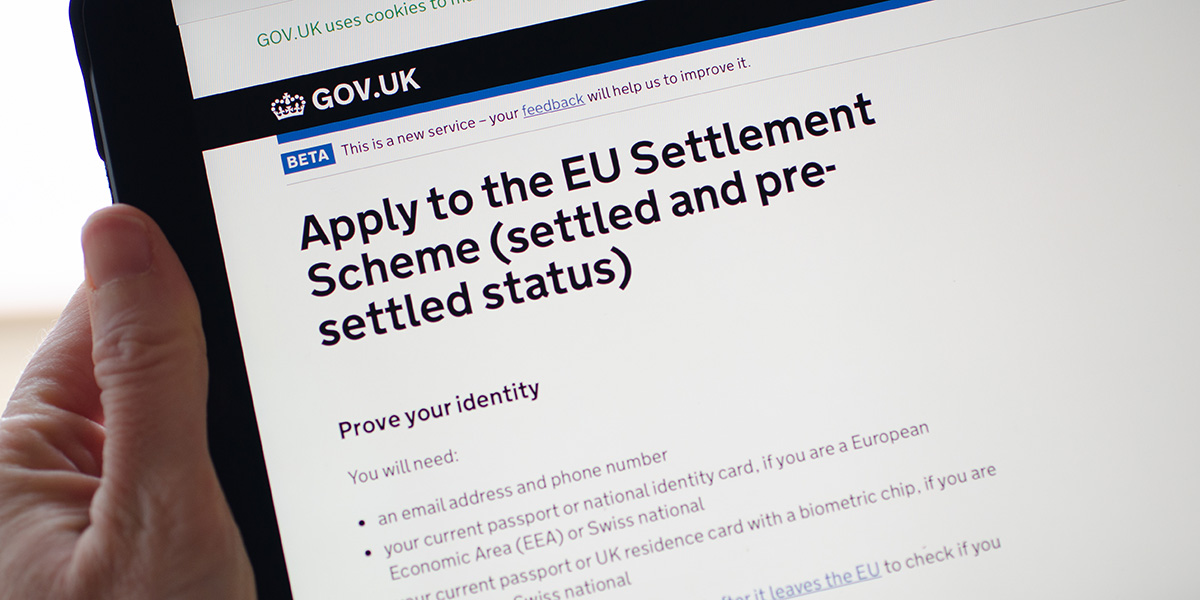Settled Status: a ticking timebomb

The Home Office designed the Settled Status (EUSS) scheme to regularise the status of EEA nationals living in the UK post-Brexit after the loss of EU freedom of movement.
The existence of the EUSS scheme contradicts promises made by the Leave campaign, in that it does not ensure that EEA nationals retain the status quo in terms of their rights. Instead, it creates a two-tier system with settled (roughly equivalent to Indefinite Leave to Remain) status and pre-settled (Limited Leave to Remain) status.
As of 28 February 2021 there have been 5.1 million applications submitted, with 2.09 million people granted the inferior pre-settled status. Those given pre-settled status will now need to be physically present in the country for over 6 months in any given 12-month period, and to make an additional application either once they have completed 5 years in the UK or their pre-settled status is about to expire. If they fail to meet the requirements for eligibility and duration of stay, they will lose their immigration status and would have to seek an alternative route to re-enter the country.
The creation of a two-tier system with two applications was always going to pose issues for some EEA nationals, but combined with the pandemic, the rules for pre-settled status holders will potentially see thousands lose their right to stay in the UK.
Data from the Labour Force Survey points to a staggering 10% drop in foreign-born workers in the UK in 2020 – a loss of over 800,000. Analysis by Migration Observatory estimates that around 342,000 of these are EU nationals. Migration Observatory also confirms that those who have arrived more recently are more likely to leave under less favourable economic conditions, such as job losses during the pandemic. Similarly, younger people are more likely to leave the country as they have fewer ties and obligations, or are more likely to work in sectors that are most pandemic-affected. This all points to an increased risk for those on pre-settled status who have not completed their 5 years residency in the UK.
Chief among the many industries hit by the Covid-19 pandemic and subsequent public health measures and lockdowns is hospitality. Despite constituting 16% of the UK labour force, migrant workers represent 30% of hospitality workers. With unemployment rates among migrant populations rising sharply in the second and third quarter of 2020, and over 16% of EEA workers registered as self-employed, the economic pressures on them and their limited access to welfare support would naturally result in a higher proportion of pre-settled status holders leaving the country.
Chief among concerns around the EUSS scheme has been the lack of awareness among those eligible for the scheme, and this is of particular importance when looking at less settled migrants – precisely those most at risk of jeopardizing their status with absences of over 6 months. Anecdotal evidence from support organisations already points towards many migrant workers having lost their right to apply in the first place due to pandemic-related absences in 2020. More will have a pre-settled status but will not be aware of the rules around absences, or will consider job loss or reduced income as a valid reason for an absence between 6 to 12 months. The Home Office guidance, however, specifies that only an illness or quarantine directly related to Covid-19 would be considered such a valid reason, showing complete disregard for the heavy economic burden on migrant workers in this time.
The effect of Brexit on the rights of EEA nationals who have built their home in the UK and kept our country running through the pandemic could yet be devastating.
April 20, 2021
Brexit Spotlight is run by Another Europe Is Possible. You can support this work by joining us today. The website is a resource to encourage debate and discussion. Published opinions do not necessarily represent those of Another Europe.





